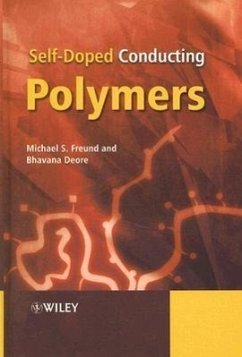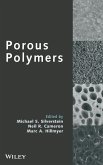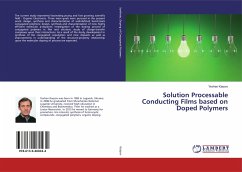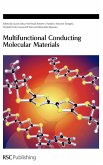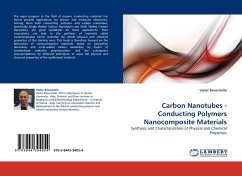The excitement surrounding organic conducting polymers has resulted from the tremendous possibilities presented by the merging of the vast knowledge base of organic chemistry and polymer science with the critically important areas of electronic materials and solid-state physics. This rapidly growing field presents opportunities for revolutionizing material science and electronics in ways we are just beginning to imagine. One particularly important area has been the functionalization of organic conducting polymers. Organic conducting polymers that contain covalently bound, charged functional groups that in turn have an impact on the properties of the polymer are referred to as "self-doped" conducting polymers. In particular, the presence of these groups can alter the stability of the doped structure as well as influence the nature of charge compensation and ion movement during redox switching. Since the discovery of this class of conducting polymer there has been a growing recognition of its importance and potential impact on a wide range of technologies ranging from electrochromic devices to batteries. As a result, there are an increasing number of researchers and companies focused on the creation and implementation of this type of conducting polymer. The purpose of this book is to cover the rapidly developing area of self-doped conducting polymers, with the goal of describing the wide range of approaches that have been developed to synthesize, characterize and utilize them. Our intent is to provide an up-to-date, detailed overview of developments in the field and in turn provide researchers and students from many disciplines with a useful reference book. Aimed at sectors where conducting polymers are used, including the rapidly growing area of organic light-emitting diodes, the book will be invaluable to researchers in academic, government and industrial laboratories worldwide.
Hinweis: Dieser Artikel kann nur an eine deutsche Lieferadresse ausgeliefert werden.
Hinweis: Dieser Artikel kann nur an eine deutsche Lieferadresse ausgeliefert werden.

